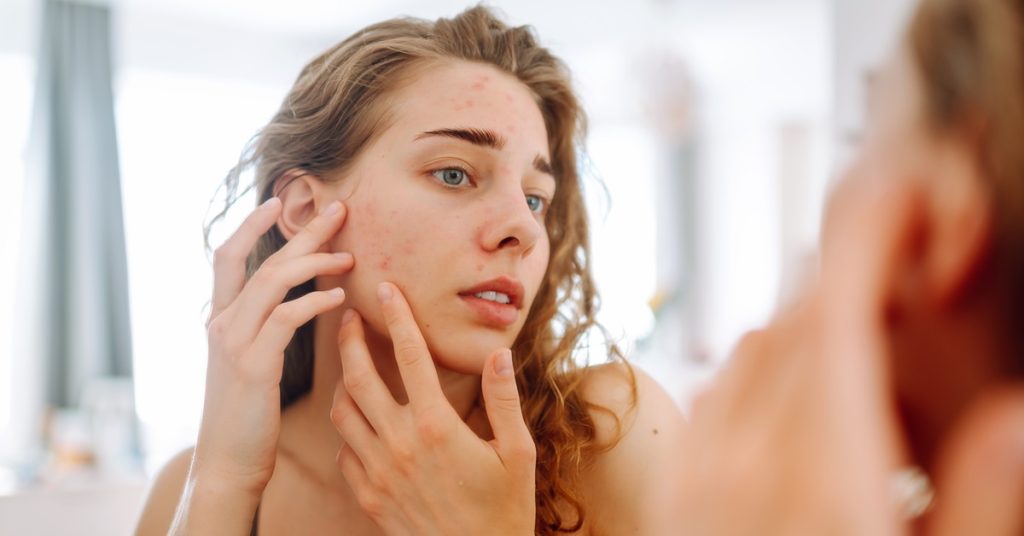Preparing for Your First Chemical Peel Treatment

Chemical peels continue to pave the way for achieving smoother, clearer, and more youthful-looking skin. If you’re considering this time-honored skin resurfacing treatment, it’s essential to get fully briefed before you jump in.
A chemical peel is a dermabrasion technique that uses chemicals to improve the texture and tone of your skin by removing the damaged outer layers. A deep chemical peel can address scarring, wrinkles, and severe aging skin conditions. A more superficial peel offers a gentler but exfoliating effect, superb for fine lines, acne, and discoloration. It does not require extended recovery time after the procedure.
In this guide, you will learn everything you need to know about chemical peels, from prepping your skin to post-treatment care and beyond. Whether you’re a beginner in the realm of beauty procedures or a seasoned skincare enthusiast, this thorough walkthrough will ensure that your chemical peel treatment is smooth, successful, and satisfying.
Understanding Chemical Peels
Before you proceed with your chemical peel appointment, it’s crucial to understand what the treatment involves and what to expect. A chemical peel involves applying a chemical solution to the skin, which then peels off, unveiling a rejuvenated layer of skin.
Types and Strengths
Chemical peels come in various strengths, categorized as superficial, medium, or deep, with each targeting different skin concerns. Superficial peels use milder acids and require no downtime, perfect for a quick skin refresh. Medium-depth peels penetrate the skin more deeply, tackling more pronounced signs of aging. Deep peels are the most intense, typically requiring more recovery time and best for significant correction of deep wrinkles and scars.
During a consultation, your DESSNA aesthetician will assess your skin type and address your concerns, recommending the appropriate type and strength to achieve your desired results safely.
Consultation with an Aesthetician
Never underestimate the importance of a consultation with a qualified aesthetician. This step is not only about choosing the right peel but also about making sure it’s safe for your skin type and any underlying conditions. Be open about any medications, allergies, or past procedures as this information impacts the type of peel that will be applied.
Pre-Treatment Preparation
Prepping for your chemical peel is a critical component that directly influences the outcome and your comfort during the procedure.
Discontinue Certain Skincare Products
To prepare effectively, you may have to discontinue certain skincare products that could interact adversely with the peel, such as retinoids and exfoliating scrubs. Your aesthetician will provide a timeline for when to stop using these products before your appointment.
Sun Protection Measures
Sun exposure can make your skin more sensitive to the peel treatment and increase the risk of complications. It’s vital to shield your skin with a broad-spectrum sunscreen every day leading up to your treatment, and to stay out of direct sunlight as much as possible.
Hydration and Moisturization
In the days before your peel, ensure that your skin is well-hydrated and moisturized. This helps to maintain your skin’s barrier function and reduce the risk of over-drying from the effects of the chemical solution.
During the Treatment
With pre-treatment preparation squared away, you’re now ready for the experience.
Procedure Overview
The peel process begins with thorough cleansing of the treatment area. Next, the peel solution is applied, and you may feel a warm, tingling sensation. This is the chemical solution going to work, and it typically dissipates within a few minutes. The peel will be neutralized to stop its action, and special post-peel products will be applied.
Sensations and Expected Reactions
The sensation of the peel solution can vary from person to person, depending on the peel’s strength and your skin’s sensitivity. You may experience mild to moderate discomfort, which resolves quickly once the peel is neutralized. Your skin will begin to peel in a few days, revealing fresh, new skin beneath.
Post-Treatment Care
What you do after your peel can significantly impact the results and your recovery process.
Skincare Routine Adjustments
Your post-peel skincare routine will likely need to be adjusted to cater to your healing skin. Your aesthetician will guide you with recommendations for gentle cleansers, hydrating serums, and barrier-repairing moisturizers.
Sun Protection and Avoidance of Irritants
After a peel, your skin is especially vulnerable to the sun’s rays. Protective clothing and SPF are non-negotiable. Avoiding irritants like alcohol-based toners and fragranced products protects your skin and helps maintain the results of your peel.
Follow-Up Appointments and Monitoring
Your skincare professional might recommend a series of peels for optimal results, spaced a few weeks apart. Post-treatment assessments ensure your skin is healing as expected and give you the opportunity to discuss any concerns or issues.
Ready to Begin?
Your first chemical peel treatment is an exciting step toward rejuvenated skin. By understanding the process and diligently preparing, you set the stage for a seamless experience. Remember to follow post-treatment instructions religiously and be patient as you wait for the peeling to give way to your skin’s renewed radiance.
Are you ready to unlock the potential of a chemical peel? Contact DESSNA for a consultation with one of our experienced aestheticians to determine the best approach for your skincare needs. We look forward to guiding you through this transformative experience.



